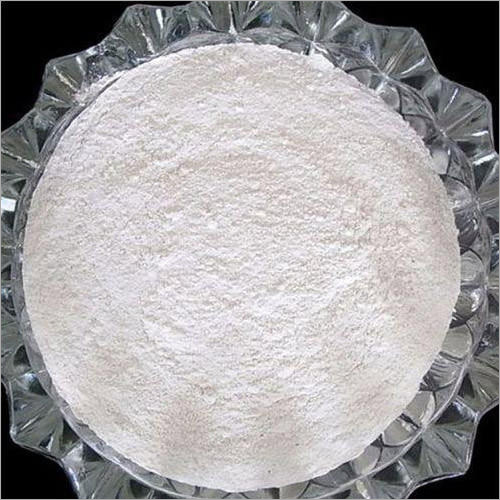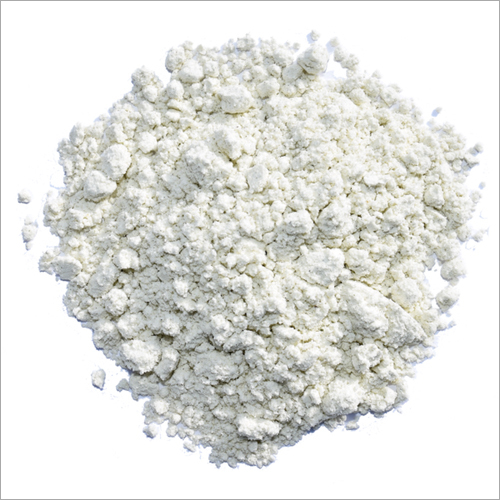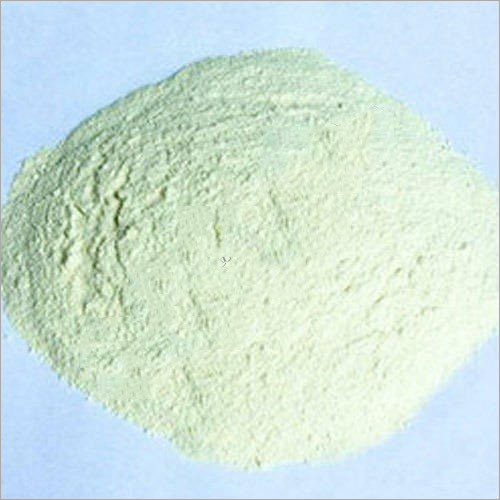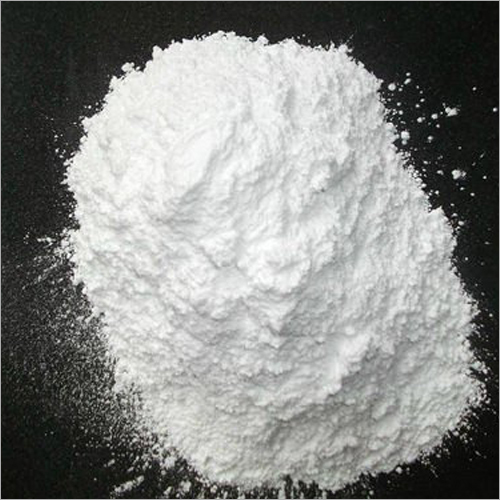Welcome to Our Company

Cetirizine Dihydrochloride Powder
3000 INR/Kilograms
Product Details:
- Storage Room Temperature
- Solubility In Water
- Type Pharmaceutical Intermediates
- Grade Medicine Grade
- Usage Industrial
- Purity(%) 98%
- Appearance Crystalline Powder
- Click to View more
X
Cetirizine Dihydrochloride Powder Price And Quantity
- 25 Kilograms
- 3000 INR/Kilograms
Cetirizine Dihydrochloride Powder Product Specifications
- Crystalline Powder
- Pharmaceutical Intermediates
- Room Temperature
- In Water
- Medicine Grade
- Powder
- 98%
- Industrial
Cetirizine Dihydrochloride Powder Trade Information
- Letter of Credit (L/C) Telegraphic Transfer (T/T)
- Poly Bag
- All India
Product Description
Cetirizine dihydrochloride is an antihistamine medication commonly used to relieve allergy symptoms such as sneezing, runny nose, itching, and watery eyes. It is the active ingredient in various brand-name medications, such as Zyrtec. Cetirizine works by blocking the action of histamine, a substance in the body that causes allergic reactions.
The medication is available in different forms, including tablets, capsules, syrups, and powders. Cetirizine dihydrochloride powder is typically used for compounding purposes, where it can be mixed with other inactive ingredients to create customized formulations, especially in specialized doses or for specific patient needs.
It is essential to use cetirizine dihydrochloride or any other medication only as directed by a healthcare professional. If you have allergies or any medical condition, it's important to consult with a doctor before using this or any other medication to ensure it is safe and appropriate for you.
Cetirizine Dihydrochloride Properties:
1. Physical Appearance: Cetirizine dihydrochloride is typically found as a white, crystalline powder. It may also be processed and formulated into various dosage forms, such as tablets, capsules, or syrups.
2. Solubility: Cetirizine dihydrochloride is freely soluble in water. It is more soluble in water than in organic solvents like ethanol or chloroform.
3. Pharmacological Properties: Cetirizine dihydrochloride is a selective antagonist of peripheral H1 receptors. It exerts its antihistaminic effects by competitively binding to the H1 receptors, thereby blocking the actions of histamine, which is released during allergic reactions. By doing so, it helps alleviate allergy symptoms such as sneezing, runny nose, itching, and watery eyes.
4. Pharmacokinetics: After oral administration, cetirizine dihydrochloride is rapidly absorbed from the gastrointestinal tract, with peak plasma concentrations occurring within 1 to 2 hours. It is primarily eliminated unchanged via the kidneys, with an elimination half-life of approximately 10 hours in adults.
5. Medical Uses: Cetirizine dihydrochloride is commonly used to relieve symptoms of allergic rhinitis (hay fever) and urticaria (hives) in adults and children. It may also be prescribed for other allergic conditions, as determined by a healthcare professional.
6. Dosage Formulations: Cetirizine dihydrochloride is available in various dosage forms, including tablets, chewable tablets, oral syrups, and sometimes as a component in combination medications for cold and allergy relief.
7. Side Effects: Like all medications, cetirizine dihydrochloride can cause side effects in some individuals. Common side effects may include drowsiness, dry mouth, headache, and stomach discomfort. However, it is generally considered a non-sedating antihistamine, meaning it is less likely to cause significant drowsiness compared to older antihistamines.
FAQ:
Q. What is Cetirizine Dihydrochloride Powder?
A: Cetirizine Dihydrochloride is an antihistamine medication commonly used to relieve allergy symptoms such as sneezing, itching, runny nose, and watery eyes. It belongs to the second-generation antihistamines and is available in various forms, including tablets, syrups, and powders.
Q: How does Cetirizine Dihydrochloride work?
A: Cetirizine Dihydrochloride works by blocking the action of histamine, a substance released by the body during an allergic reaction. By inhibiting histamine, it helps reduce or prevent allergy symptoms.
Q: What conditions can Cetirizine Dihydrochloride Powder treat?
A: Cetirizine Dihydrochloride Powder is primarily used to treat allergic conditions such as hay fever (allergic rhinitis), hives (urticaria), and other allergic skin reactions.
Q: How should I take Cetirizine Dihydrochloride Powder?
A: The dosing instructions for Cetirizine Dihydrochloride Powder will depend on the specific formulation and your age. It's essential to follow the directions provided on the packaging or as prescribed by your healthcare provider. Typically, you mix the powder with water or another liquid before consumption.
Q: Can children take Cetirizine Dihydrochloride Powder?
A: Cetirizine is often safe for children, but the dosages may differ from those for adults. It's crucial to consult a pediatrician or healthcare professional before giving any medication to children.
Q: Are there any side effects associated with Cetirizine Dihydrochloride Powder?
A: Like all medications, Cetirizine Dihydrochloride may have side effects. Common side effects include drowsiness, dry mouth, headache, and stomach upset. However, not everyone experiences these side effects, and they are usually mild.
Q: Can I take Cetirizine Dihydrochloride Powder with other medications?
A: Before taking any new medication, including Cetirizine Dihydrochloride, it's essential to inform your healthcare provider about all the medications, supplements, or herbal products you are currently taking. Certain drugs or substances may interact with Cetirizine, leading to unwanted effects or reduced efficacy.
Q: Can I use Cetirizine Dihydrochloride Powder during pregnancy or breastfeeding?
A: It's crucial to consult your healthcare provider before using Cetirizine Dihydrochloride Powder during pregnancy or while breastfeeding. They can assess the potential risks and benefits for your specific situation.
Q: Can Cetirizine Dihydrochloride cause drowsiness?
A: Cetirizine is considered a non-sedating antihistamine, meaning it's less likely to cause drowsiness compared to older antihistamines. However, some individuals may still experience mild drowsiness, especially at higher doses.
Q: Can I consume alcohol while taking Cetirizine Dihydrochloride?
A: It's generally advisable to avoid alcohol while taking any medication, including Cetirizine Dihydrochloride. Alcohol may intensify certain side effects and interfere with the drug's effectiveness.
Enter Buying Requirement Details

 English
English Spanish
Spanish French
French German
German Italian
Italian Chinese (Simplified)
Chinese (Simplified) Japanese
Japanese Korean
Korean Arabic
Arabic Portuguese
Portuguese




